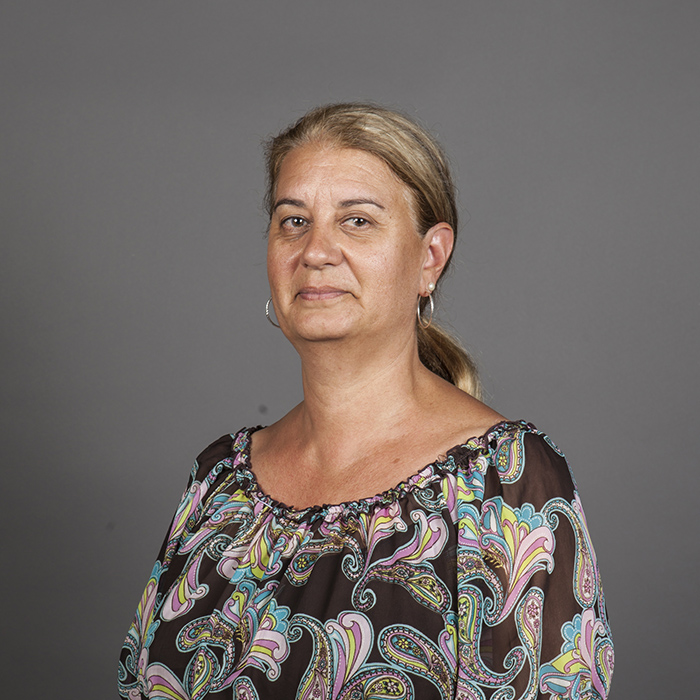Search
The role of children in the spread of severe acute respiratory syndrome coronavirus 2 (SARS-CoV-2) remains highly controversial. To address this issue, we performed a meta-analysis of the published literature on household SARS-CoV-2 transmission clusters (n = 213 from 12 countries). Only 8 (3.8%) transmission clusters were identified as having a pediatric index case.

The END RHD CRE focuses priority research projects that will help achieve the singular target of producing the Endgame Strategy.

Learn more about the background and motivations of END RHD CRE Research Fellow Simone Reynolds.

After being diagnosed with rheumatic heart disease at ten, Elizabeth had to leave country and her family for a large chunk of her childhood so she could be treated in Adelaide.

When Liana complained of a sore foot and showed signs of a fever, her mum Margie rushed her to hospital. An X-ray of her foot revealed no obvious injury, so she was sent home and advised to take painkillers.

On 11 May 2017, over 60 attendees from throughout Australia convened in Darwin for a one-day Annual Meeting to discuss the progress of the END RHD CRE research projects, national RHD advocacy and the development of the final Endgame output.

Researchers from The Kids Research Institute Australia have been awarded more than $11 million to support vital child health projects, under the Federal Government’s Medical Research Future Fund.
In Australian remote communities, First Nations children with otitis media (OM)-related hearing loss are disproportionately at risk of developmental delay and poor school performance, compared to those with normal hearing. Our objective was to compare OM-related hearing loss in children randomised to one of 2 pneumococcal conjugate vaccine (PCV) formulations.
Papua New Guinea (PNG) introduced the 13-valent pneumococcal conjugate vaccine (PCV13) in 2014, with administration at 1, 2, and 3 months of age. PCV13 has reduced or eliminated carriage of vaccine types in populations with low pneumococcal carriage prevalence, carriage density and serotype diversity.

A new report predicts rheumatic heart disease (RHD) will lead to over 500 preventable deaths and cost the Australian health system $317 million by 2031 if no further action to tackle the disease is taken.
